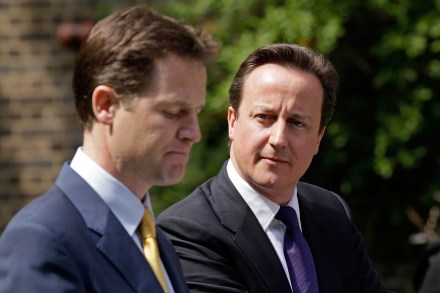Why fraternal rivalry will be good for Labour
With the Sun reporting that Ed Miliband is going to stand for the Labour leadership, it’s probably a good time to dig out Anne McElvoy’s profile of the Miliband brothers for the Sunday Times last month. To my mind, its opening neatly encapsulates the choice between the wonkish one and the slighty-less-wonkish one that Labour may have to make: “When David and Ed Miliband were teenagers, their north London household rang to the chatter of some of the most prominent left-wing names of the era: Tony Benn, Tariq Ali, the ANC leader Joe Slovo and the late Michael Foot. David, one regular guest recalls, would sit ‘absorbing it all’ and



















